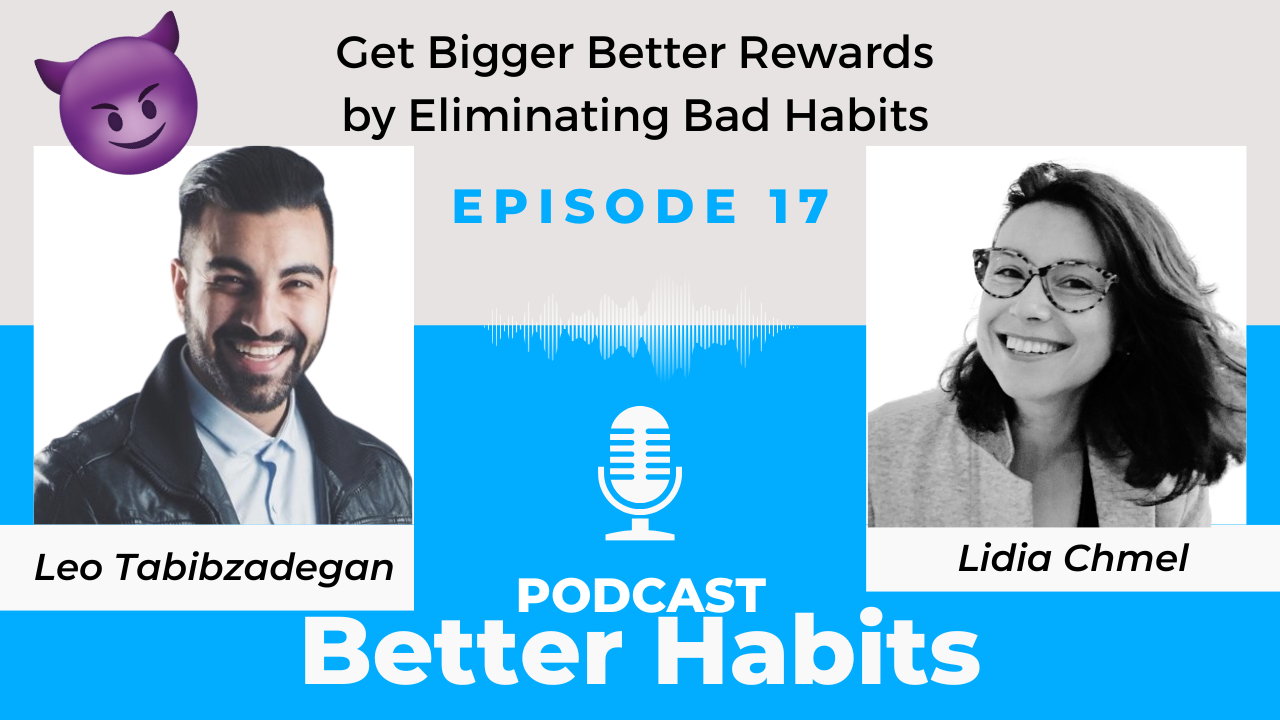Have you ever asked yourself, “What is a life coach?”
If so, you’re in the right place!
In this article, you’ll learn:
- What life coaching is.
- Why it’s beneficial.
- How to become a life coach.
- How to hire a life coach.
Let’s begin!
What is a Life Coach?
A life coach is someone who is hired to help clients optimize their lives.
The International Coaching Federation (ICF) broadly defines coaching as:
“Partnering with clients in a thought-provoking and creative process that inspires them to maximize their personal and professional potential.”
In life coaching, this process is focused on helping clients identify and achieve personal goals.
What is a Life Coach Not?
Coaching differs from similar fields in a few critical ways.
When you hire a life coach, you don’t get:
- Counseling — Unlike counselors, life coaches don’t spend much time on what happened in the past. Instead, they help clients establish and go after what can happen in the future.
- Consulting — Unlike consultants, life coaches don’t tell their clients what to do. Instead, they ask questions that help clients shift their perspectives and discover their own solutions.
- Training — Unlike a sports trainer, life coaches don’t choose the goals or processes for achieving them. Instead, they help clients identify their own objectives and action plans.
In summary, a life coach focuses on the future instead of the past, provides questions rather than answers, and offers support instead of commands. Even though many clients wish that there was a person they could hire who would have all the answers, in practice, the client is most often the person best equipped to choose their own path forward. The value then of life coaching is in expert facilitation, allowing a client who feels stuck to see and commit to a valuable path forward.
Life Coaching Certification Programs
Coaching is an unregulated industry, meaning that anyone can say they’re a life coach. However, typically successful life coaches have quite a bit of training for the simple reason that the better they are as coaches, the more word of mouth they will generate. An untrained life coach typically won’t have a long career or more than a small handful of clients.
So most life coaches still get certified because it teaches them coaching skills and gives them credibility.
There are many training options out there for aspiring life coaches, so I’ve compiled the best ones below:
→ Life Coach Certification Programs: The Complete List ←
If you’re interested in becoming a life coach, I’m sure you’ll find some great options in that list.
How Life Coaching Works
A life coaching process can look many different ways.
Here at Coach.me, as an example, our philosophy is focused on habit as the entry point to significant change. Our Momentum method starts with choosing a Minimum Consistent Dose and growing that into a massive life change.
Our Momentum Method has four stages:
- Goal Discovery — The coach starts with an assessment to establish the client’s goal, expectations, and coaching preferences.
- Habituation — The coach and the client use the assessment to decide a regular practice that will support the long-term goal.
- Growth — When the client is making consistent progress, the coach helps fine-tune the goal and improve the client’s performance.
- Graduation — Once the client has achieved their goal, the coach either ends the relationship or begins a new momentum cycle.
If you’re interested, you can learn more about our coaching philosophy here.
The Benefits of Life Coaching
A global coaching client study by the ICF found that, out of all the clients surveyed:
- 80% reported better self-confidence.
- 73% reported better relationships.
- 72% reported better communication skills.
- 70% reported better work performance.
- 63% reported better wellness.
- 61% reported better career opportunities.
Almost everyone indicated that they were “very or somewhat satisfied with the overall experience,” and that they would repeat the process.
What Does Life Coaching Cost?
The coaching industry generally keeps its prices hidden for no good reason.
It’s unfortunate because it only makes it harder for coaches and clients to work together.
So, in the interest of transparency, here’s what we know about how life coaches tend to price their sessions:
- $100-200: Generic life coaches who work with all kinds of clients.
- $200-300: Specialized life coaches who work within a specific niche like, for example, relationships.
- $500+: Luxury life coaches who work exclusively with high net worth clients.
There is some wiggle room here as life coach pricing is affected by factors like location, demand, negotiation, and so on.
The State of the Life Coaching Industry
According to a report by IBISWorld, there are more than 18,000 life coaching businesses in the US alone.
The total revenue from life coaching in the same area exceeds 1 billion dollars annually.
Data from PayScale shows that life coaches earn a yearly income ranging from $30.000 to $93.000.
Some life coaches report earning more — $100.000 and up — when they include all their products and services.
As a whole, the industry grew on average 2,2% in the last five years, and industry analysts expect that trend to continue.
In short, life coaching is big business, and it’s getting even bigger.
How to Become a Life Coach
There is a lot of demand for life coaching.
And, naturally, there are also a lot of coaches serving the market.
So, to become a successful life coach in 2020, you need to:
- Find a profitable life coaching niche to serve.
- Position your business in a unique way.
- Ensure a steady stream of new life coaching clients.
If you’re interested, we cover all that in our complete guide on how to become a life coach in 2020.
How to Hire a Life Coach
Most life coaches offer a free discovery call or trial period.
As a client, you should use this opportunity to find out as much as possible about the coach.
Whenever you first connect with a new coach, you should focus mainly on the results. Did you come to some sort of epiphany or strategize your way through a difficult situation and/or find extra motivation to go achieve your goals? If so, then the coach is a good coach for you.
Coaches use a number of different approaches, but at minimum you will probably experience the following:
- Assess your current situation, ask about your goals, and address your expectations?
- Ask thought-provoking questions that change your perspective and uncovers new solutions?
- Clearly express their life coaching philosophy and how they’ll help you achieve your goals?
If the answer to those questions is yes, and you feel like there’s good chemistry between you, you’ve probably found a suitable coach.
Check out our life coaching showcase to find a great coach today.








